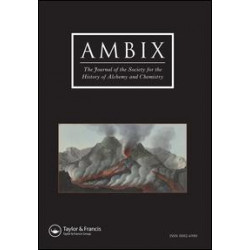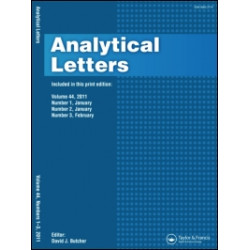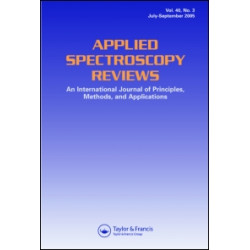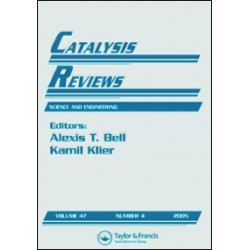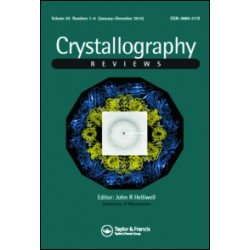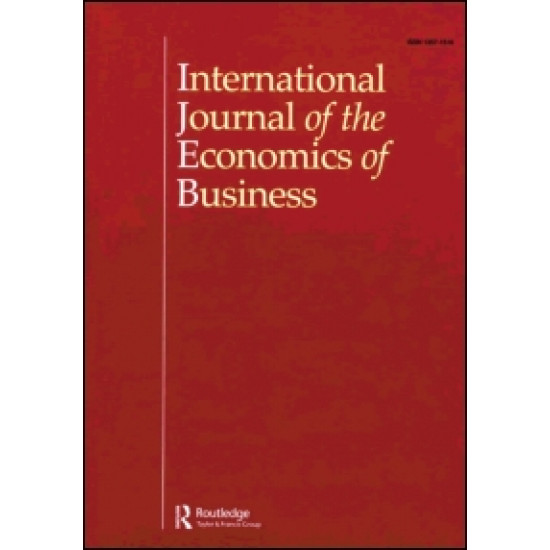
International Journal of the Economics of Business (IJEB) presents original, peer reviewed research in microeconomics that is clearly applicable to business or related public policy issues. The term ‘business’ is used in its widest sense to encompass profit-seeking, non-profit, cooperative and public enterprises and their market interactions. Public policy issues include, for example, intellectual property law, industrial policy and oversight by regulatory and competition authorities.
The IJEB’s community is largely made up of economists specialising in business economics and related areas of applied microeconomics, such as industrial organisation and managerial economics, including both public policy and managerial perspectives. Contributions are also drawn from those in allied areas such as finance, strategy, international business, law and economics and economic history.
The IJEB welcomes empirical work from a range of research styles and sources of information including, for example, the quantitative analysis of published or proprietary data or data obtained from surveys and individual case studies, the results of natural or planned market experiments and the analysis of legal records and other material. Empirical work should be motivated by, and interpreted in light of, economic reasoning. The Journal is open to a variety of theoretical perspectives as the basis for empirical work, including agency theory, behavioural theory, evolutionary theory, resource based theory, transactions cost analysis as well as neoclassical and game theory. The IJEB also carries theoretical pieces which are clearly related to business or public policy applications.
As well as publishing research articles (including industry studies), IJEB publishes guest-edited special issues and extended review articles.
Peer Review Policy:
Submitted manuscripts are subject to initial editorial appraisal and, if found suitable for further consideration, to peer review by independent, anonymous expert referees.







